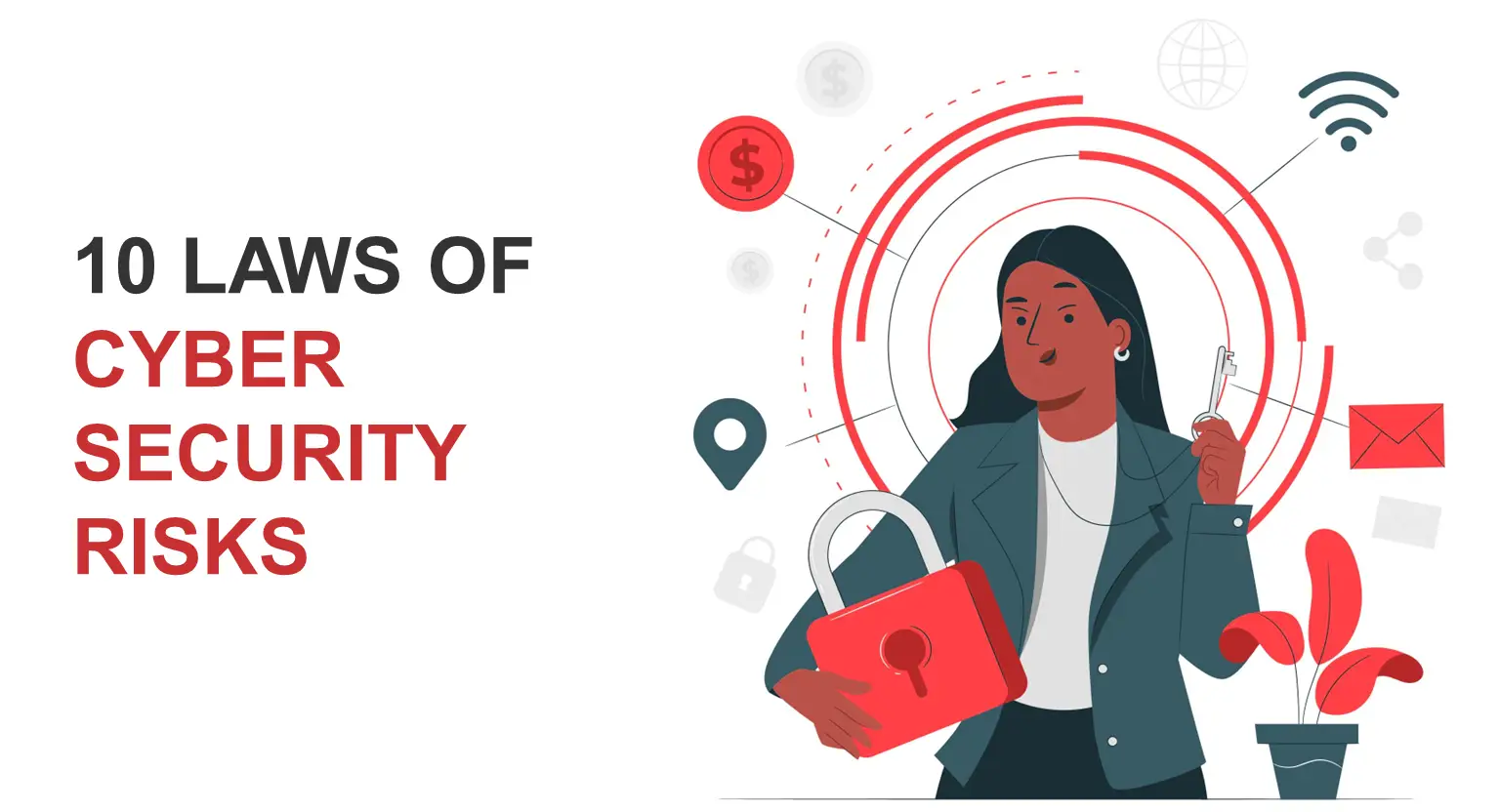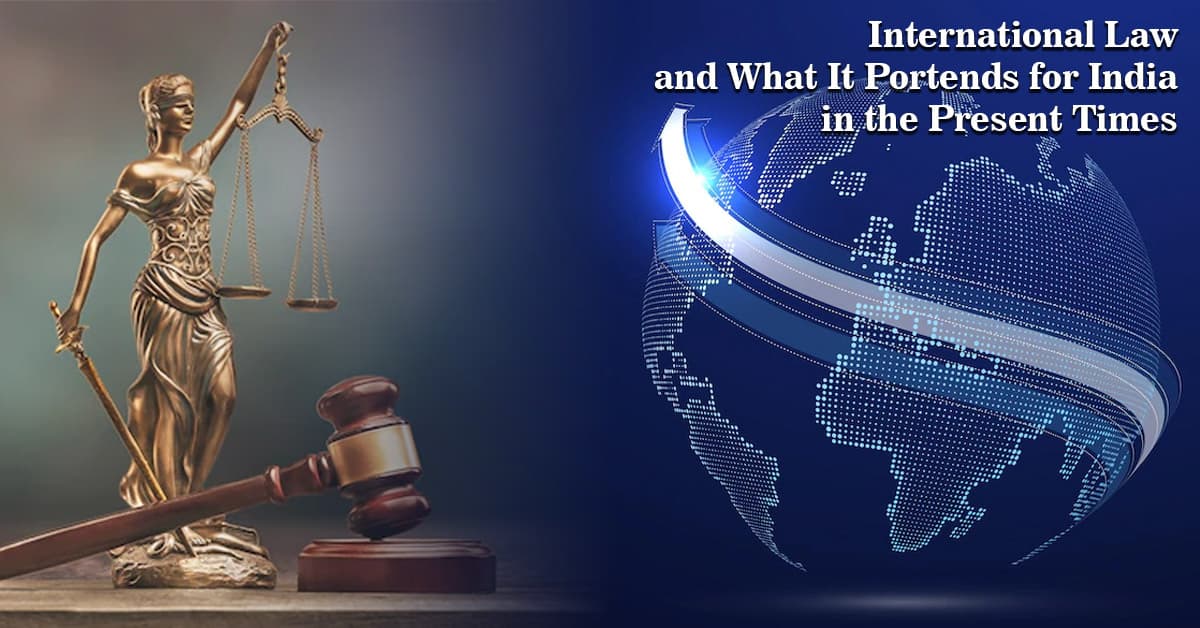Navigating Cybersecurity Regulations: A Legal Perspective

Navigating Cybersecurity Regulations: A Legal Perspective
In today’s digital age, where information is a valuable asset, the importance of robust cybersecurity measures cannot be overstated. Governments and regulatory bodies worldwide recognize the growing threat of cyberattacks and have responded by implementing cybersecurity laws to safeguard sensitive data and ensure the integrity of digital ecosystems. This article explores the intricate landscape of cybersecurity regulations from a legal standpoint, shedding light on key aspects that businesses and individuals need to navigate.
The Evolution of Cybersecurity Laws
Cybersecurity laws have evolved in response to the changing nature of cyber threats. Initially, regulations were relatively sparse, but as the frequency and sophistication of cyberattacks increased, lawmakers recognized the need for comprehensive legal frameworks. Today, countries and regions around the world have enacted legislation addressing various aspects of cybersecurity, ranging from data protection and breach notification requirements to standards for securing critical infrastructure.
Key Components of Cybersecurity Regulations
Cybersecurity regulations typically cover a broad spectrum of issues, including data privacy, incident response, and compliance standards. These laws often require organizations to implement safeguards to protect sensitive information, conduct risk assessments, and establish incident response plans. Compliance with these regulations is not only a legal obligation but also a crucial step in building trust with customers and stakeholders who expect their data to be handled responsibly.
The Global Patchwork of Cybersecurity Laws
Given the global nature of the internet and digital transactions, navigating the patchwork of cybersecurity laws across different jurisdictions can be a complex task. While some countries have comprehensive national cybersecurity laws, others rely on a combination of sector-specific regulations. Companies operating internationally must be diligent in understanding and complying with the various legal requirements to avoid regulatory scrutiny and potential legal consequences.
Challenges in Enforcement and Compliance
Enforcing cybersecurity laws presents its own set of challenges. Jurisdictions may struggle to keep pace with rapidly evolving cyber threats, and law enforcement agencies may face obstacles in tracking down and prosecuting cybercriminals operating across borders. Additionally, achieving and maintaining compliance with cybersecurity regulations can be resource-intensive for businesses, especially smaller enterprises that may lack the financial and technical capabilities of larger corporations.
The Role of Cybersecurity Professionals and Legal Experts
In navigating the complex landscape of cybersecurity laws, collaboration between cybersecurity professionals and legal experts is essential. Cybersecurity experts play a crucial role in implementing technical safeguards and staying abreast of the latest threats, while legal professionals ensure that organizations are in compliance with applicable laws and regulations. Together, they form a formidable team to protect against cyber threats and mitigate legal risks.
Cybersecurity Laws: A Continuous Journey
As technology continues to advance and cyber threats evolve, cybersecurity laws will also need to adapt. Continuous assessment and updates to existing regulations are essential to address emerging challenges. Governments, businesses, and individuals must remain vigilant and proactive in their approach to cybersecurity, recognizing it as an ongoing process rather than a one-time compliance task.
In conclusion, navigating cybersecurity regulations requires a comprehensive understanding of the legal landscape, coupled with robust technical measures. The collaboration between cybersecurity professionals and legal experts is crucial in establishing a secure and compliant environment. As businesses and individuals strive to protect sensitive information in the digital age, adherence to cybersecurity laws becomes not only a legal obligation but a strategic imperative.
To delve deeper into the specifics of cybersecurity laws, you can explore resources such as Cybersecurity laws, which provide valuable insights into the evolving legal frameworks designed to safeguard our digital future.







